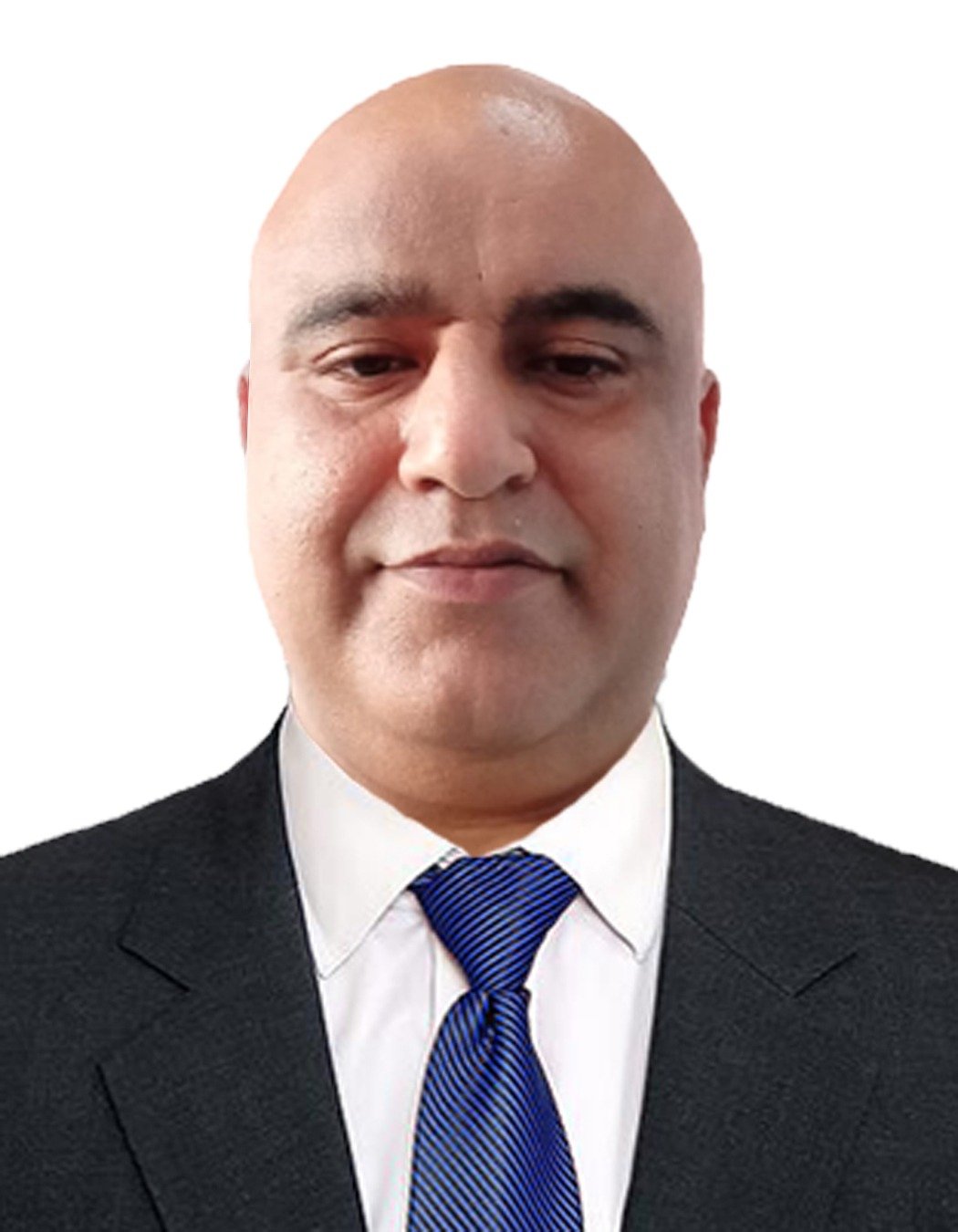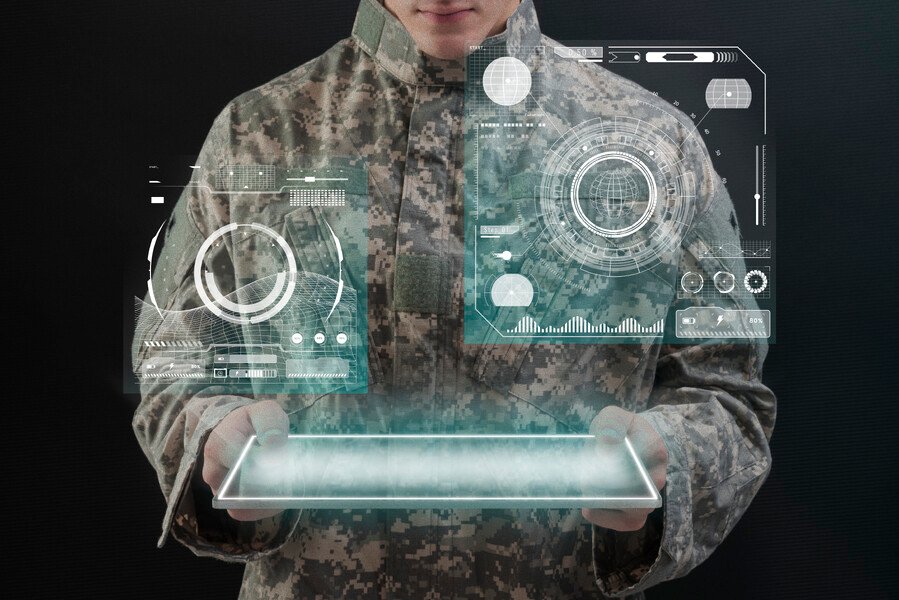Image by rawpixel.com on Freepik.com
Are Warfare Specialists in Military Training Simulator Development even important? In accordance with marketandmarkets.com, in 2021, the Military Simulators and Training Market attained a value of $9.2 billion USD, and analysts project it to experience a surge, reaching $12.2 billion USD by 2027. Concurrently, the Military Simulation and Training Market, as reported by Globenewswire.com, achieved an estimate of $10.50 billion USD in 2022, with expectations of reaching $16.86 billion USD by 2030, representing a growth rate of 6.1 percent. These projections underscore the escalating reliance on AI-enabled AR/VR simulators for military training.
Three Fundamentals
The foundation of military training rests on three fundamental pillars: knowledge, exposure, and experience. While the field exposes individuals to actual equipment or simulators, the latter gains widespread acknowledgment for its cost-effectiveness and safety advantages. Simulators meticulously replicate near-real environments, with AR/VR technology playing a pivotal role in achieving such fidelity. The crux of the matter lies in the significance of warfare specialists, often known as “Military Analyst SMEs” in industry terms, in the development of military training simulators.
Role of Military Analyst SMEs
While many often focus on the technological aspects of simulators, they frequently underestimate the essential role of the expertise behind the scenes. In the realm of project management, warfare specialists emerge as critical contributors who infuse a preventative mindset from the outset, encompassing the conception, design, and development stages of simulators. Conversely, in terms of engineering design, they hold the potential to serve as a single point of failure. Once developers create the simulators, irrespective of the technology fueling them, the role of warfare specialists becomes even more indispensable. Their unique qualifications make them the most adept individuals to train subsequent simulator users.
Within the context of simulator development, warfare specialists’ creative acumen and experience establish the groundwork for exemplary simulator designs, culminating in enhanced training experiences for end users. While programming, architecture, and integration are undeniably crucial components, their intended functions are inherently contingent on the expertise of warfare specialists. This synergy results in what experts can term “Engineered Reverse,” where they meticulously transform the real world into a nearly identical virtual counterpart.
Importance of Military Analyst SMEs
Experience is irreplaceable by mere knowledge. The distinction between a good and a great simulator design hinges upon experience. A core tenet imparted in military academies is the art of standing upright. This underscores the fact that military training commences with fundamentals, gradually introducing complexity as individuals advance in their careers.
This stratified approach reflects in tactical, operational, and strategic military levels. Similarly, developers can tailor simulators to target basics, like a single weapon system, or delve into multifaceted scenarios, including operational-level wargames. Complexity amplifies when transitioning from individual to team training or encompassing force-level training simulators. This multifaceted demand necessitates warfare specialists to possess mastery not only in tactics and operations but also in policy, strategy, and intricate system understanding.
In the case of intricate systems, specialists must heighten their understanding’s breadth and depth, covering tactics, techniques, and procedures (TTPs), doctrines, force-level strategies, platform capabilities and limitations, environmental influences, mission planning, and decision cycles. Furthermore, warfare specialists possess keen insights into cognitive domains and human behavior, elements that substantially influence warfare outcomes, such as morale, fatigue, pressure, cohesion, professionalism, technical prowess, and leadership. While “30 Degrees Port Rudder” or “Hard Port” might be common knowledge, specialists extend their expertise to include nuanced aspects such as a “Hand Brake Turn.”
In Conclusion
In the domain of simulator development, the paramount capacity of warfare specialists rests in their capability to translate complex warfare knowledge into simple terms for programmers to construct programs. This skill is the linchpin that transforms experiences into high-quality products. Based on personal research and experience, the most significant roadblocks often emerge in bridging the gap between warfare understanding and programming comprehension. Therefore we can conclude that Warfare Specialists in Military Training Simulator Development are extremely important. For those seeking Military Analyst SMEs in the market, it is advisable to prioritize individuals who possess exceptional teaching skills and instructional prowess. Such qualities not only reflect mastery of the subject matter but also the capacity to convey this expertise in the most comprehensible manner for trainees. Exceptional instructors produce outstanding trainees, and the truly exceptional instructors cultivate protégés. In your search, seek the latter.
Originally posted on LinkedIn.






